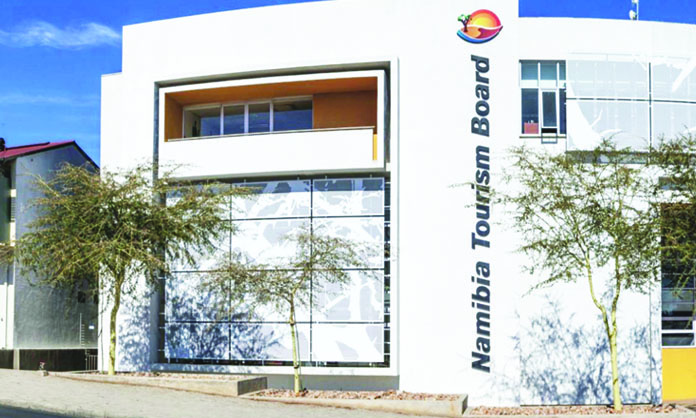The local tourism industry has an estimated direct socio-economic contribution to the Namibian economy and society of N$7,7 billion or 3,7% of nominal gross domestic product (GDP) and an indirect contribution of N$24,8 billion, or 12,0% of nominal GDP.
This is based on a Simonis Storm Securities socio-economic study commissioned by the Federation of Namibian Tourism Associations (Fenata) on the contribution of the tourism sector to the country’s economy.
Fenata is concerned over the apparent lack of awareness and recognition of the extensive financial and social role the tourism industry plays in Namibia, given the absence of encompassing national statistics on tourism.
Although as at August 2023, the Namibian Tourism Board (NTB) had 5 547 registered tourism companies across different sub-sectors, not all are members of the different tourism associations.
According to Simonis, only 63 members of the Hospitality Association of Namibia, Tour and Safari Association of Namibia, Car Rental Association of Namibia, and the Association of Travel Agents participated in the study, on which the study results are based.
The companies represent 30,7% of the most economically significant members from the eight different associations representing different sub-sectors of the tourism industry.
Simonis noted that sales revenue from the 63 companies alone totalled N$2,6 billion or 1,3% of nominal GDP in 2022.
The 63 companies employ 3 483 workers (49% male and 51% female), with 99% being Namibians and 87% on permanent contracts.
According to the study, the total wage bill for these workers was N$292,6 million, which generated personal income tax of N$54,0 million.
“From the 3 483 workers at the 63 companies, we know from the Social Accounting Matrix that 41 796 additional jobs are directly and indirectly created or supported. This is about 3,8% of the country’s labour force and 5,7% of all employed Namibians,” noted Simonis.
The study noted that given that the 63 companies paid N$235,5 million in total after-tax salaries, it is assumed that 69% of this (N$162,5 million) was used for consumption spending.
“Using the multiplier in turn, these after-tax salaries lead to N$525,0 million in additional spending or income throughout the Namibian economy.
“Similarly, using the multiplier, we estimate that from the N$1,6 billion that these 63 companies paid to their suppliers, an additional N$5 billion in income or spending takes place in the economy. This accounts for about 3% of total consumption expenditure in Namibia as measured by the Namibia Statistics Agency’s national accounts,” said Simonis.
According to the study, the total taxes of N$269,8 million paid by the 63 companies is only 0,5% of total tax revenue for the government, but it is 45,3% of the total budget allocation to the Ministry of Environment, Forestry and Tourism in the latest financial year of 2022/23.
Furthermore, the total taxes of N$269,8 million more than cover the approximate annual N$3 million budget allocation to the NTB.
This indicates the tourism sector is adding value to public finances, as only 63 companies can foot the annual bill for the NTB’s operational expenses. The above excludes the statutory payments paid by the 63 companies.
Tourism levies paid to the government totalled N$9,2 million in 2022 and levies paid to the Namibia Training Authority amounted to N$2,7 million in 2022.
“We want to reiterate that these results underestimate the full economic contribution of the local tourism industry. While our survey shows a contribution of about 4% to nominal GDP, we believe the true contribution to be in the region of 15% to 18% of
our economy,” said Simonis.
– email: [email protected]



Leave a Reply